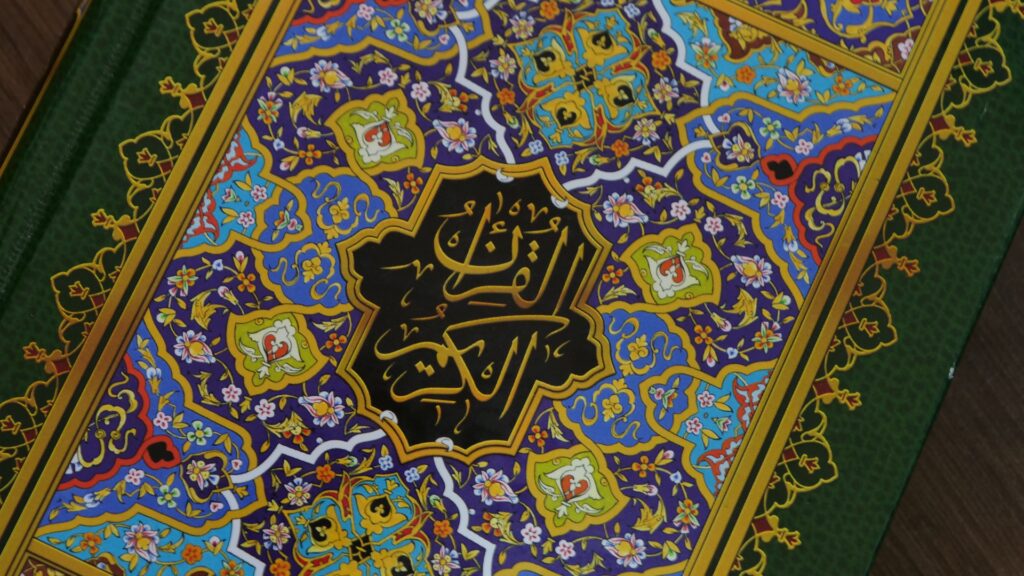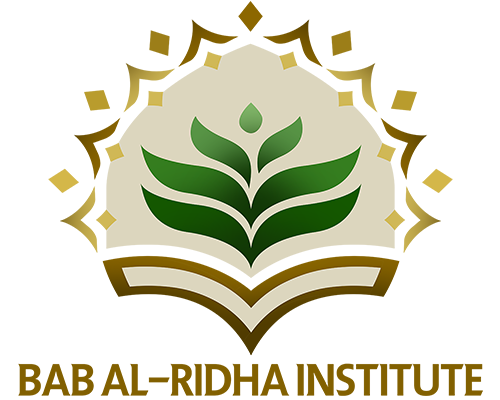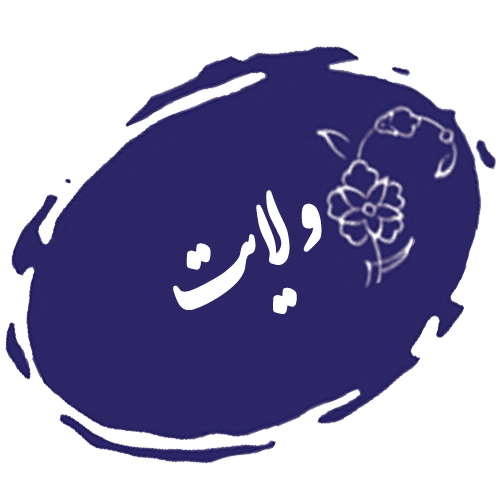3 – How do I now make use of the Qur’ān?

Once we’ve realised our need for the Qur’ān, one final question remains:
How do I now make use of the Qur’ān?
Do I read it? Read the translation? Memorise it? Or…?
Instead of me giving my opinion (which is of course hardly worth two cents), let’s ask the Qur’ān itself.
The Qur’ān answers the question in the following manner:
كِتابٌ أَنْزَلْناهُ إِلَيْكَ مُبارَكٌ لِيَدَّبَّرُوا آياتِهِ
‘[This is] a blessed Book which We have revealed to you, [O Muhammad], that they might reflect upon its verses…’ [39:29]
An important way to benefit from the Qur’ān is to do tadabbur, i.e. to ponder over its verses. Naturally, being able to think over something requires that you’ve first understood its meaning. There are reliable translations available, though of course translations cannot do full justice to the original text. That is why, the scholars advise us to read the Qur’ān in Arabic itself, since that is the real Qur’ān, but then to also read the translation of at least a few verses so that we can ponder over them.
Learning to recite the Qur’ān beautifully and memorising its heavenly verses are also extremely effective ways to get intimate with the Quran, and gradually with its meaning. The more intimate and closer we get to the Qur’ān, the more we make the Qur’ān beautiful in our eyes, and the more likely we are to spend time pondering over its meanings and let it engulf our being.



